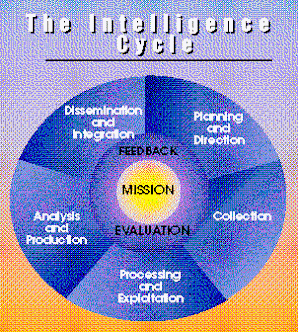Bending Intelligence to Political Purposes
Intelligence, it is commonly said, is inherently fallible. And the conventional wisdom is that people tend to see the world as they expect to see it and so are slow to change their minds.
If that is true, policymakers' decisions based on such intelligence analysis and mind-set should be executed carefully. There is nowhere that is more crucial than on the Korean peninsula. Their overall judgments also must be speedy, accurate and taken with great care, especially in assessing an undercurrent of the soon-to-be-declared power shift in North Korea. Far too often, the deepest and most authoritative country analysis is colored by the administration in power in the South.
Ten years or so ago, for instance, some North Korea analysts at government-financed institutes in the South proudly enjoyed likening the North to "a ship on fire in mid-ocean with a hold full of ammunition." A handful of then-senior colleagues at Korea's Blue House joined their top decision-maker who allegedly claimed in a telephone conversation with his counterpart at the Clinton White House that the North would collapse within six to 24 months.
Of course, it's not sure whether their assenting opinions were deliberately made to support official policy under the conservative Kim Young-sam government. But other pessimistic Korea watchers imagined that if the power succession should fail to proceed, millions of people would likely abandon their homes and move in hordes across the countryside, hastening to the northwest side of the Chinese frontier to search for a better life. The roads would be crammed with hungry refugees, people clinging onto the steps of the trains or crowded upon their roofs.


0 comments:
Post a Comment